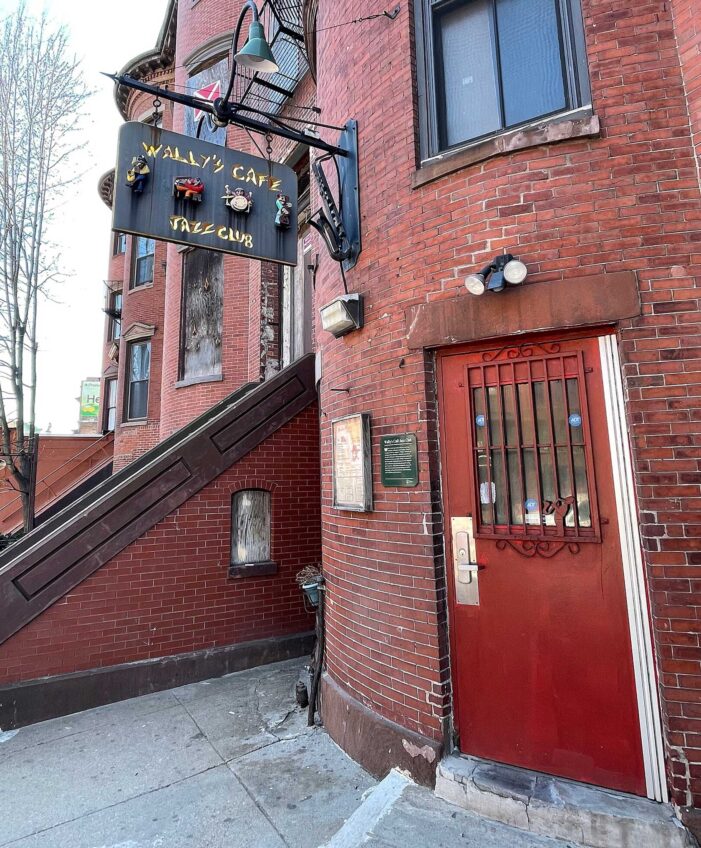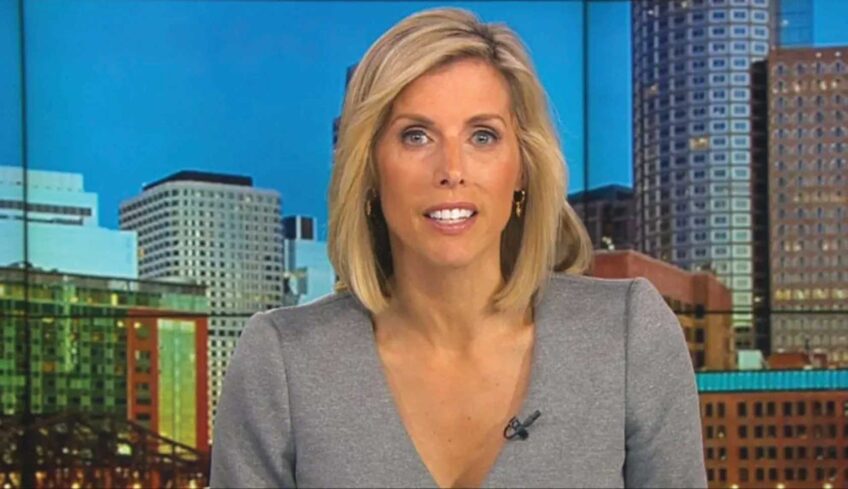Overdraft fees strip $15B from bank customers
Overdraft Protection Act would give customers ability to cancel transactions when low on funds
Runaway prices for food, fuel and housing make most consumers anxious about whether they will have enough money for a given month. Even after adjusting spending to stretch their dollars far as possible, a lot of people remain perplexed about what else can be done to hold on in these hard times.
Customers with bank and credit union accounts need to pay close attention to their monthly statements to identify multiple charges for overdraft fees.
Marketed and sold as a “customer convenience,” overdraft fees are charged every time the cost of a transaction is more than a checking account balance. Averaging $35 per usage, banks are bloating their profits — most often by exploiting the short-term cash needs of consumers who are usually just a few days away from their next deposit.
In return, banks and credit unions across the country rake in $15 billion each year from cash-strapped customers with an average account balance of $350 or less. More monetary misery is added by some banks’ manipulative practices designed to maximize fees through delaying posting of account deposits, and/or reordering transactions.
It should be noted that some banks have voluntarily chosen to change or end their overdraft programs. Consumer advocates applaud lenders who have taken steps to reduce these costly fees.
Yet there is no legal requirement for other institutions to do so. Some lenders continue to charge three or more overdraft fees of $34 or more per day, often costing consumers more than $100 in a single day. A typical debit card overdraft fee, the most common overdraft source, comes from a transaction of less than $24, repaid within three days. Put in lending terms, a $34 overdraft fee for a $24 loan of three days is the equivalent of 17,000% APR.
As one consumer told the Consumer Financial Protection Bureau (CFPB), “Thirty-five dollars is a lot of money for a person that doesn’t have any.”
There’s nothing inherently wrong about a financial institution earning a fair profit. But there is nothing fair when billion-dollar institutions design products to prey upon people with the fewest financial resources — just to boost their bottom lines.
“Rather than competing on quality service and attractive interest rates, many banks have become hooked on overdraft fees to feed their profit model,” said CFPB Director Rohit Chopra.
Other CFPB research has found that consumers who are charged more than 10 overdraft fees a year account for 75% of overdraft fees each year.
If you’re thinking, “There ought to be a law,” New York Congresswoman Carolyn Maloney agrees.
More than a year ago, Maloney proposed the Overdraft Protection Act and was joined by 30 co-sponsors. Since that time, the number of co-sponsors has doubled to 60 and now includes House colleagues representing 25 states, including California, Illinois, Maryland, Massachusetts, Michigan, New York and Texas. Companion legislation is also in the U.S. Senate.
The Overdraft Protection Act (H.R. 4277) would amend the Truth in Lending Act to strengthen fair and transparent bank practices. Among its provisions, the bill would require “reasonable and proportional” fees in relation to the amount of the overdraft, expand prompt and detailed customer notifications and/or statements, and provide customers the opportunity to cancel a transaction before incurring a fee.
For example, currently it is legal for banks to change the order of transactions, so they can debit accounts from largest to smallest to increase the number of overdraft fees triggered. As the banks maximize their overdraft revenues, consumers are drained of the dollars that can keep their households’ finances in the black.
Rep. Maloney’s bill would ban such practices.
Other research and advocacy bolsters Rep. Maloney’s legislative goal. Congressional testimony from the Center for Responsible Lending (CRL) highlighted how consumers of color are harmed the most by ill-conceived institutional practices.
“By causing account closures and eroding trust in financial institutions, bank overdraft practices fuel financial exclusion,” wrote CRL. “Banks that are pledging millions or billions of dollars in investment in underserved communities, while continuing to rake in hundreds of millions, or billions, of dollars annually in overdraft fees, are stripping wealth from the same communities they are claiming to support … Congress must hold these regulators accountable while itself ensuring that all checking accounts are free from destructive overdraft practices.”
As part of a July 12 news conference convened by Maloney, Nadine Chabrier, a CRL senior policy counsel, underscored the organization’s legislative support.
“Legislation from Congresswoman Maloney and from Senators Booker and Warren would provide consumers with much-needed relief by reining in the cost and frequency of overdraft fees,” noted Chabrier. “Congress should pass these bills.”
Charlene Crowell is a senior fellow with the Center for Responsible Lending.






